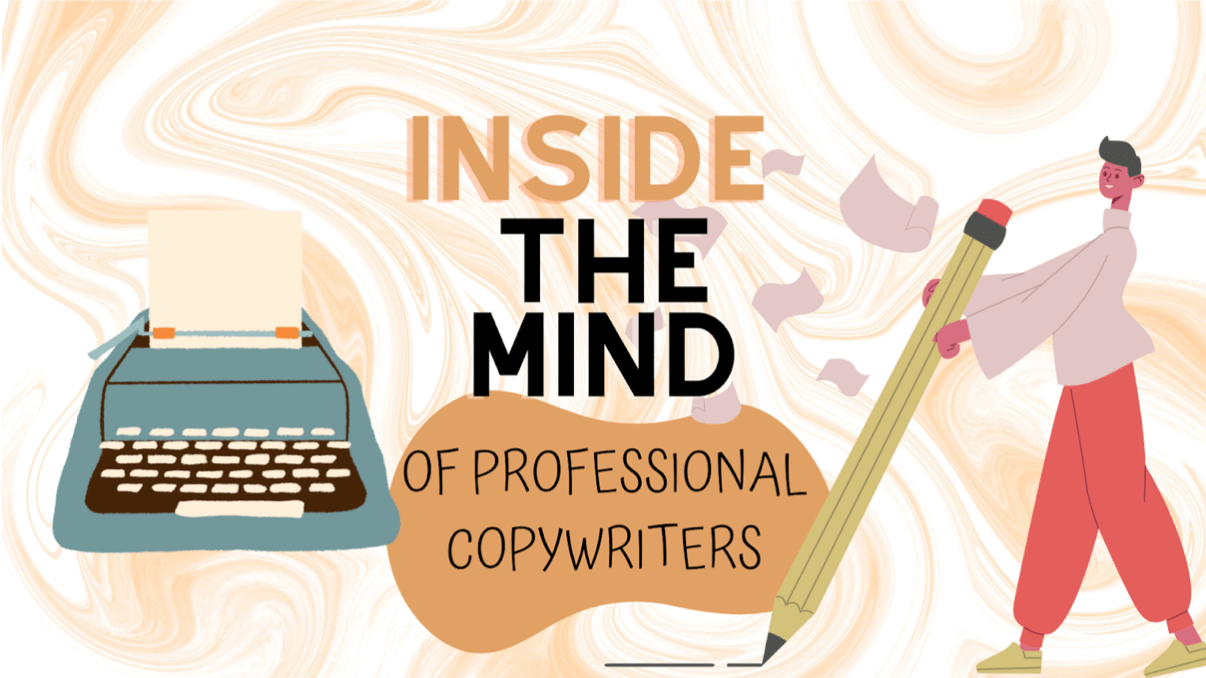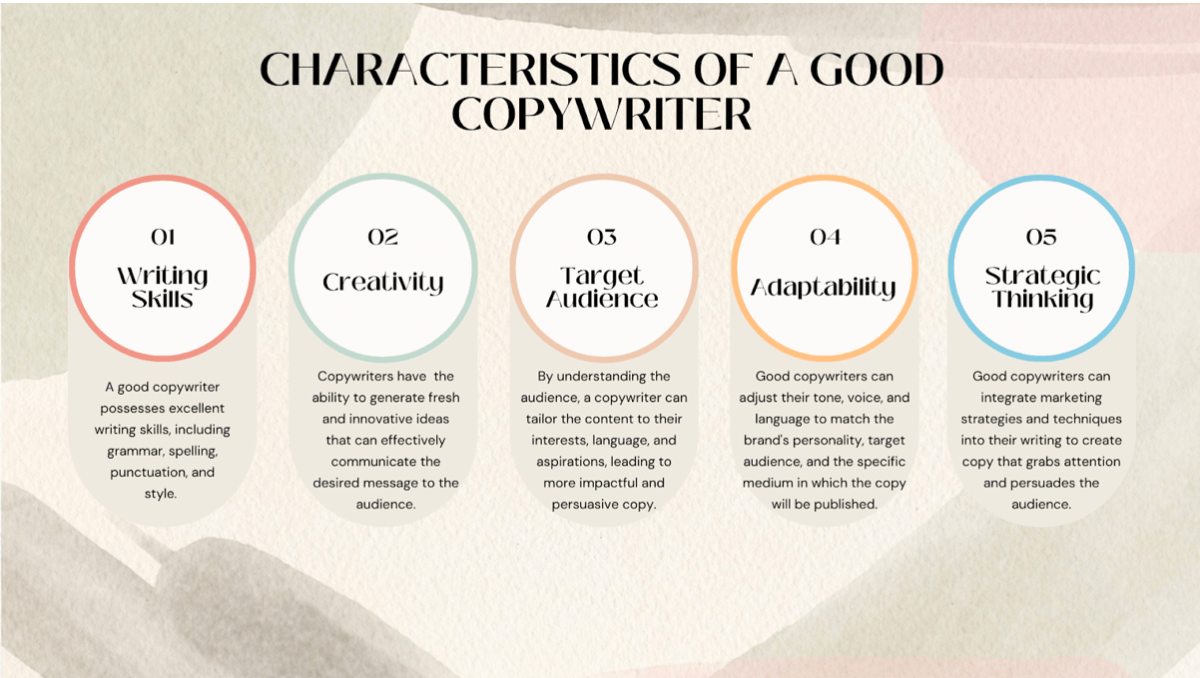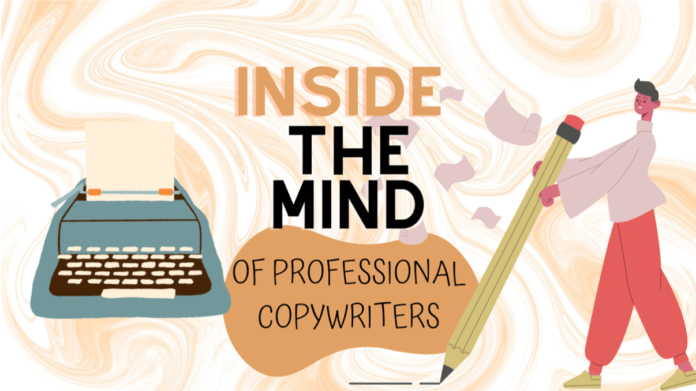Copywriting aims to persuade the reader or listener to take action. Copywriting can involve various forms of media, such as print, online, radio, and television. It is a valuable skill for marketers and advertisers to create effective advertising campaigns. essayservice is one of many great sites where you can find expert copywriters to help you with your writing.
A quick look at the skills of professional wordsmiths: copywriting that works well is essential for businesses because it can make or break their marketing efforts. And if you’re wondering, “Are sites like essay service legit?” Well, their professional wordsmiths know how to write compelling and convincing messages that resonate with their chosen audience.

For more information on services offering excellent writers’ skills and expertise, read some essayservice review and see for yourself!
Let’s go through the brilliant mind and expertise of professional copywriters in this article without further ado.
Contents
Understanding the Audience
Before writing a message, knowing who you’re writing it for is essential. This includes information about your age, gender, location, and interests, among other things. By figuring out the target audience, businesses can tailor their messages to better connect with potential customers and make their marketing campaign more likely to succeed.
Research the audience’s interests and behaviors. This can involve analyzing social media engagement and website traffic data to understand what content and messaging will resonate with the target audience. Businesses may also conduct surveys or focus groups to gather more specific information about their audience’s preferences and needs.
Crafting a Compelling Headline
A strong headline is vital for getting the attention of the audience you want to target and reach and getting them to want to read more. It should be clear and concise. Additionally, explain the main benefit or value of the product or service being sold.
For attention-getting headlines, use strong action verbs, ask a question that makes the reader think, or use humor. To make a headline that stands out, it’s also essential to think about who you’re writing for and what will resonate with them.
Here are some examples of good headlines: “10 Secrets to Boost Your Productivity and Crush Your Goals” or “Is Your Diet Ruining Your Health?” Now, find out.” To write a headline that gets people’s attention, you need to know who your audience is and what interests them. Using numbers or statistics can also give the headline more credibility and make it more interesting.
Structuring the Content
Separate the content into different parts. This makes it easier for people to understand the information and find what they want. Subheadings can also help readers find their way through the article and keep them interested.
Using action-oriented language and strong verbs can also make the content more engaging. It’s also essential to keep the structure organized and easy to follow so readers can quickly understand the main points. Adding personal stories or anecdotes can also help you connect more deeply with your readers.
Writing Persuasively
Understanding the needs and pain points of the audience is vital. This can be done by researching and carefully considering the people you want to reach. Using words they understand and addressing their concerns can make the writing more convincing. Also, giving proof and data to back up arguments can strengthen the message as a whole.
But it’s important to use emotional triggers honestly and not try to trick the audience. Also, telling a story can be an excellent way to connect with the audience, ultimately making them listen to your message.
Editing and Proofreading
After crafting a persuasive piece, it’s crucial to go back and edit for clarity, coherence, and concision. This ensures the message is conveyed effectively without any errors or distractions that could detract from its impact.
Editing and proofreading are essential to writing because they ensure the final product is well-written and error-free. Checking for clarity, conciseness, and coherence is necessary for editing, while proofreading is about looking for spelling, grammar, and punctuation mistakes. Online, you can find tools and resources like Grammarly and Hemingway Editor that can help with proofreading.

An Insight
Here’s some helpful advice from a user on Quora:
“A smart copywriter will be self-assured enough to share comments and suggestions that aid the client in achieving their objectives, but will also know when to back off and let the client make decisions. A skilled copywriter can provide knowledgeable responses, accept constructive criticism, and make revisions following your instructions.”
Did You Know?
We found some interesting facts and research about the subject online. Here they are:
- 8 out of 10 people read headlines.
- 74% of readers pay attention to the quality of spelling and grammar errors.
- You will get 36% more responses to a copy understandable to third-graders.
- The average copywriter earns $57,000 a year.
Bottom Line
In conclusion, editing and proofreading are necessary for making good written work. When you edit, you change the content and structure of a piece, while when you proofread, you fix spelling, grammar, and punctuation mistakes. Writers can improve their proofreading skills and make writing errors-free using online tools and resources. Before you turn in your work, ensure it is readable, fluent, and grammatically correct to achieve the best results.
FAQ
1. Who is a copywriter?
A copywriter is a person who makes written content, called “copy,” for advertising and marketing materials.
2. What skills should a copywriter have?
Copywriters must be able to write well and use correct grammar, be creative, research, understand their target audiences, and change their writing styles for different platforms.
3. What types of projects do copywriters typically work on?
Copywriters can work on many different kinds of projects in many various fields. They often write content for ads, website copy, sales emails, social media posts, product descriptions, brochures, and other marketing materials.
